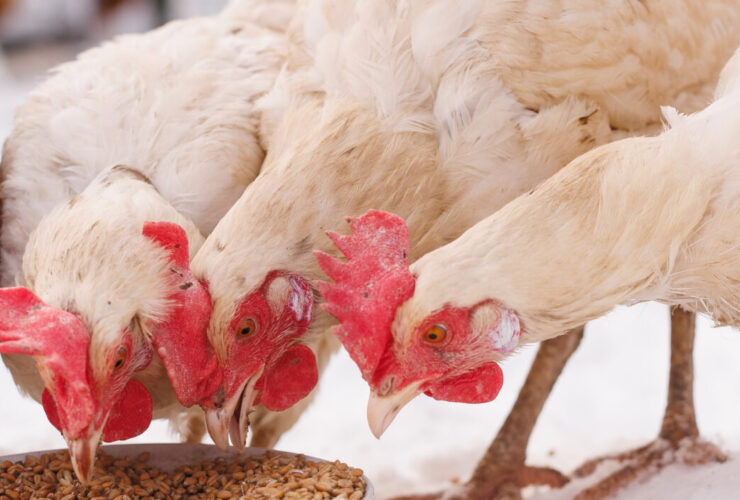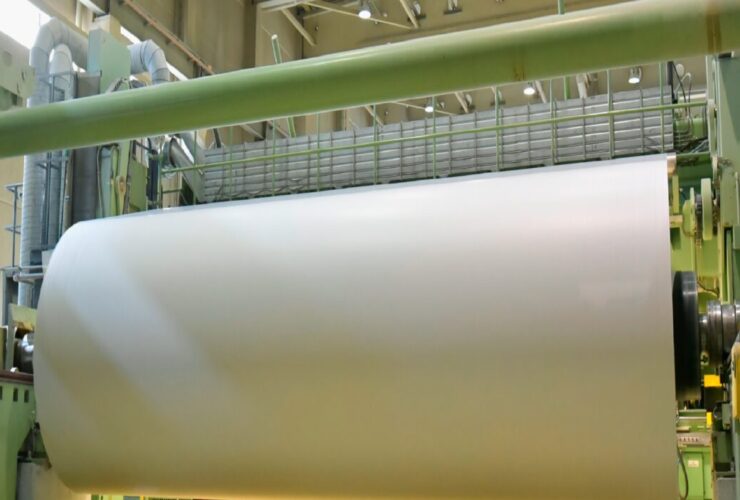Probiotic Treatment for Aquatic Diseases
Benita Nancy Mary, Roshan Kumar Sah, Aadarsh Prasanna
Bacteria and virus cause widespread epizootic diseases that affects most of the free living, farmed fishes and Shrimp species worldwide and a limiting factor in aquaculture industry. The most prevalent diseases are caused by bacteria belonging to the genus Aeromonas, Vibrio, Streptococcus, Pseudomonas, Clostridium, Acinetobacter, Edwardsiella, Flavobacterium, white spot syndrome virus, and infectious hypodermal and hematopoietic necrosis virus. These strains affect the developmental stages and physiological conditions of aquaculture and cause environmental stress and infection.
The clinical signs of infection in Fishes are:
- Haemorrhagic and septic anemia
- Circular ulcerative lesions along the sides, and general congestion of the internal organs (liver and spleen), abdominal distension
- Erratic swimming
- Swollen abdomen
- Enteric Red mouth Disease (ERM)
- Hematopoietic necrosis
- Anorexia
- Red spots on the ventral and lateral areas of infected fishes.
- Fin rots and paleness of gills may be seen in chronic infection.
The clinical signs of infection in Shrimps are:
- Loss of appetite
- Discoloration and hepato pancreatic necrosis with clumping or aggregation of digestive cells
- Yellowing of gill tissue
- White patches in the abdominal muscles
- Melanisation
- Granulomatous encapsulation, necrosis and inflammation of organs
Application of probiotics on Fish and Shrimp diseases:
Probiotics have beneficial effect on the host animals by contributing intestinal microbial balance. These probiotics produce antimicrobial peptides which exert antagonistic inhibitory activities against a variety of bacterial and viral pathogenic strains. The probiotic liquid or powder can be administrated directly into water or via feed.
Mechanism of Probiotics on pathogens:
The probiotic actively inhibits the colonization of potential pathogens in the digestive tract by producing bactericidal substances, antimicrobial peptides, competition for nutrients and space, and modulation of the immune system. The probiotic enhances shrimp and fish growth and provides protection against non specific diseases by immunity enhancement or competitive exclusion of pathogens. Various probiotics used in Aqua and animal feeds are Bacillus subtilis, Bacillus licheniformis, Bacillus megaterium, Bacillus polymyxa, Enterococcus faecium, Clostridium Butyricum, Lactobacillus acidophillus, Saccharomyces cerevisiae and Saccharomyces boulardii
Bacillus sp produces a broad spectrum of antimicrobial activity against pathogenic microbes. The antimicrobial peptides can inhibit or kill bacteria by forming channels and disrupting the bacterial cell wall. These antimicrobial peptides areribosomally synthesized subtilins (subtilin, ericin A and S, mersacidin, sublancin, bacillocin and subtilosin A) and non-ribosomally synthesized small antibiotic peptides which have antibacterial and antifungal activities (iturin, surfactin, fengycin, mycosubtilin and mycobacillin). Inaddition, they also produce antimicrobial peptides like lantibiotics, lichenicidin and mersacidin. Enterococcussp has inhibition properties against a wide spectrum of aquatic pathogens. They produce a wide variety of bacteriocin called enterocins which act on pathogenic strains like Yersiniaruckeri, Vibrio harveyi, Streptococcus agalactiae and Aeromonas veronii. These probiotics can be applied as separate or in combination and can improve growth performance, enhance the immune response and increase survival rate of shrimps and fishes.
Tex Biosciences is an original manufacturer of Enzymes and Probiotics for Aquaculture. The company has in its range a wide variety of products that help improve farm economics in aquaculture.
Various probiotics products available at Tex Biosciences Pvt Ltd for Aquaculture are:
- Tex Pro 5 – The Power of 5 Concentrated Probiotics that help improve microbial balance of the intestinal flora and result in better weight gain and immunity
- Tex Pro Clear – A Mix of Probiotics that help clean the Aqua pond and reduce Sludge
- Tex Aqua – A Cost Effective mix of Probiotics that break down feed and organic matter and help aqua species grow
- Tex Pro CB – A Concentrated Mix of B.subtilis, B.licheniformis, Clostridium butyricum that help address disease issues and improve farm economics
- Tex Pro Liquid – A Liquid Probiotics mix containing combination of B. subtilis, B. licheniformis, Enterococcus faecalis for improving the health of aqua species
Antagonism assay- Data of product application study using Tex Pro CB :
Antagonism assay was carried out by agar well diffusion assay. Two to three colonies of Vibrio harveyi and Vibrio parahaemolyticus (which causes Vibriosis in Shrimps) isolated on TCBS media were inoculated into SCD broth and incubated overnight. When the culture reached an optimum OD, the culture was added to MH Agar and poured into petriplates with sterilized penicillin cups and allowed to solidify. Filter sterilized TexPro CB supernatant was taken with various concentrations and added to the respective wells. The plates were incubated and zone of inhibition or zone of clearance was measured and noted.

The results show that the product containing probiotics Clostridium butyricum, Bacillus subtilis and Bacillus licheniformis produce efficient bacteriocins and antimicrobial peptides which can effectively inhibit the growth of Vibrio parahaemolyticus and Vibrio harveyi that are potent pathogens of shrimp and fish diseases. The probiotics can be effectively used to reduce or inhibit pathogenic infections in shrimps and fishes.
Conclusion:
Probiotic usage in aqua culture is advantageous as it enhances or increases the growth and survivability of cultivatable aquatic species. When probiotics are added for fish cultivation, the fishes have shown increase in the content of crude protein and lipid which in turn increased the weight of fishes. Addition of probiotics have shown to inhibit the pathogens by producing antimicrobial peptides, bacteriocins, bacteriocides, siderophores and enzyme substances and also balanced the intestinal pH of shrimps and fishes. The probiotics also produces extracellular enzymes such as protease, amylase, lipases and growth factors which in turn improved the nutrient digestion capacity of the aquatic animals. These probiotics also improved the water quality and reduced the environmental stress in the aquaculture.
Tex Biosciences is an original Manufacturer of Enzymes and Probiotics for Aquaculture. The company has in its range a wide variety of products that help improve farm economics in aquaculture.
Please contact us to get more details of our Probiotics for Aquaculture so that you can benefit from better farm production and economics.


